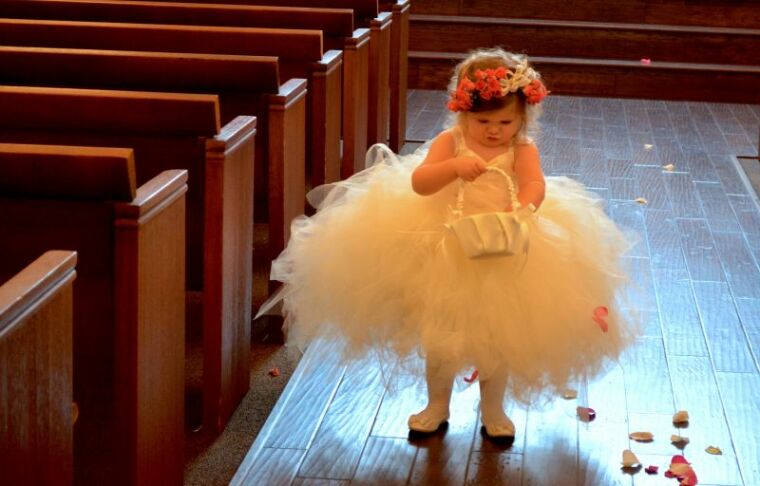Children of divorce epidemic have become 'religious nones'

WASHINGTON (Christian Examiner) – Children of divorced parents likely grow into adults who have no religion, a new study from the Public Religion Research Institute has found.
According to the Washington Post, researchers studied divorce rates that reached their peak in the 1980s – a time when nearly half of marriages ended in divorce – and compared them with the decline of religious affiliation since 1972. The most precipitous decline of religious affiliation happens to coincide with the coming of age of the children of those divorces in the 1980s.
Nearly one-quarter of Americans (25 percent) now claim no religious affiliation, compared to only 5 percent in 1972. That does not mean 25 percent of Americans don't believe in God, but that a significant portion of them are not institutionally religious – churchgoing or a member of an official denomination.
Everything in a divorce gets divided. Literally everything. Parents' friends get divided. Relatives get divided. Everyone takes sides. ... Even religion takes sides. The church gets divided. Dad leaves Mom's faith, or vice versa. Negotiating those worlds becomes difficult.
In the report from PRRI, 35 percent of children who endured a divorce told researchers that they were now non-religious. Only 23 percent of adults who were raised in nuclear family (with a married father and mother) claimed they were non-religious.
And familial instability didn't just affect commitment to religion. It also means even those who retained some semblance of religion are much less active religiously.
"Roughly three in ten (31%) religious Americans who were brought up by divorced parents say they attend religious services at least once a week, compared to 43% of religious Americans who were raised by married parents," the study said.
Other factors also affect the way millennials see religion, such as being raised in households where parents do not share the same religion, poor perceptions of "organized religion," religious doubts about God and morality, and the level of educational attainment.
Notably, however, a large portion (nearly one-third, or 29 percent) of adults who now say they are irreligious claim they left because of their particular religion's negative teachings about homosexuality. Others claim they left because of clergy sex abuse scandals, political activity on the part of the church or a personal tragedy. Sixty (60) percent of the religiously unaffiliated said a lack of belief in their religion's teachings affected their decision to leave religious life.
"A lot of the narrative around the rise of the nones, or the rise of the non-affiliated, has focused on how there's changing cultural preferences, that people are choosing to move away from religion," Daniel Cox, one of the researchers, told the Washington Post. "I think there's also a structural part of the story that has not gotten as much attention. We wanted to focus on the way millennials were raised, which is different from any previous generation. And part of that is they're more likely to have grown up with parents who are divorced."
Andrew Root, a professor at Luther Seminary, said the study's findings confirm what he has believed and written about for some time.
"Everything in a divorce gets divided. Literally everything. Parents' friends get divided. Relatives get divided. Everyone takes sides," Root told the newspaper. "Even religion takes sides. The church gets divided. Dad leaves Mom's faith, or vice versa. Negotiating those worlds becomes difficult."
The PRRI survey is not the first to look at the correlation of divorce and lack of church attendance. In 2015, Focus on the Family sponsored a Lifeway Research study that claimed 35 percent of parents had at least one child who stopped going to church after a divorce.
PRRI's study was, however, the first that addressed the religious opinions of the children of divorced parents.